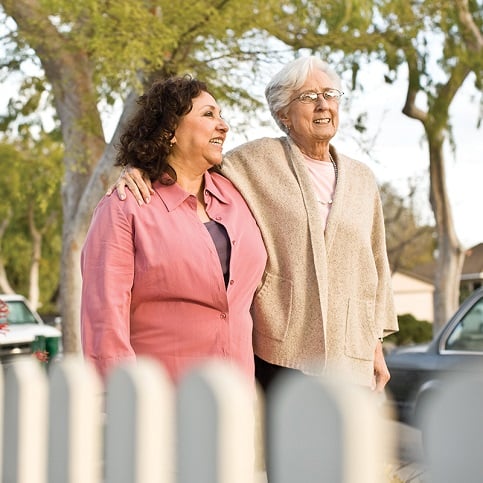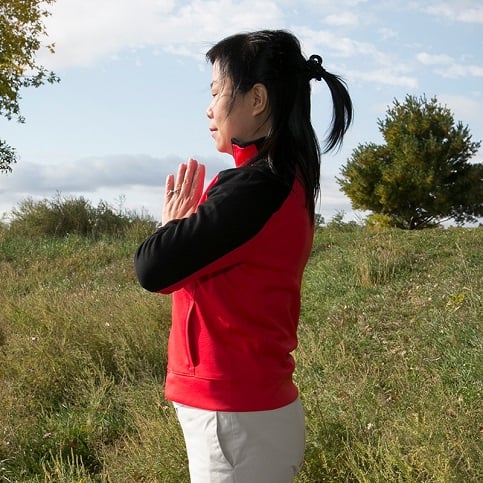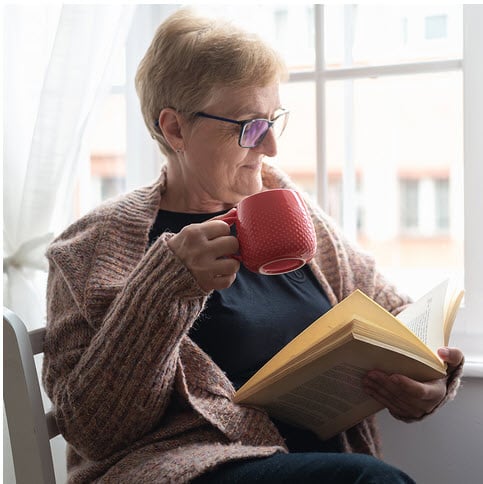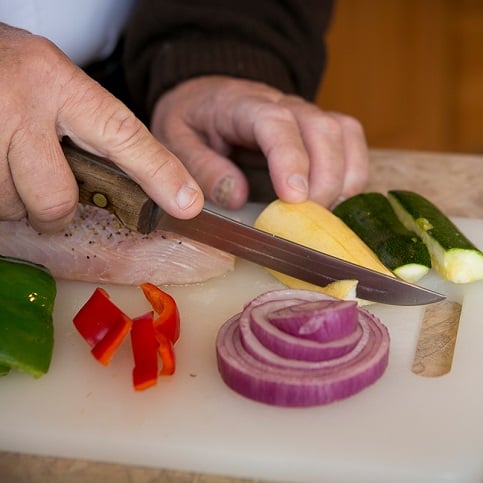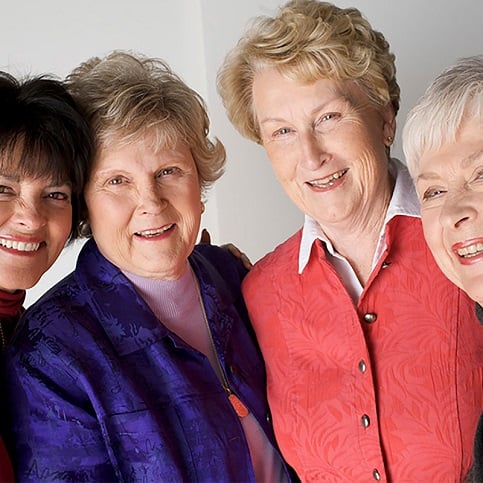Family and professional caregivers serve an essential role in the lives of older adults. They provide companionship, assist with daily housework and enable seniors to live safely and comfortably in their own homes or a care facility for as long as possible.
Furthermore, many caregivers serve in this role while managing other responsibilities, including families and jobs. In fact, more than 77% of working caregivers have had to make major or minor changes to their work or career to meet responsibilities as a caregiver.
Family caregivers of any age are less likely than non-caregivers to practice preventive healthcare and self-care behaviour, according to the Family Caregiver Alliance.
Family caregivers are at increased risk for depression and excessive use of alcohol, tobacco, and other drugs. Regardless of age, sex, and race and ethnicity, caregivers report:
- Sleep deprivation
- Poor eating habits
- Failure to exercise
- Failure to stay in bed when ill
- Postponement of or failure to make personal medical appointments
Caregiving can be an emotional roller coaster. On the one hand, caring for a family member demonstrates love and commitment and can be a very rewarding personal experience. On the other hand, exhaustion, worry, inadequate resources, and continuous care demands are enormously stressful. Caregivers are also more likely to have a chronic illness than are non-caregivers, namely high cholesterol, high blood pressure, and a tendency to be overweight.
“Caregivers make such a positive impact on the lives of older adults and give so much of themselves in the process,” said Lakelyn Hogan, Ph.D., gerontologist and caregiver advocate at Home Instead. “However, caregivers are only human and need to make time for themselves so they can be happy, healthy and in a position to provide the best care to their loved ones.”
Feeling empowered to care for yourself is one of the best things you can do to help someone you’re caring for.
